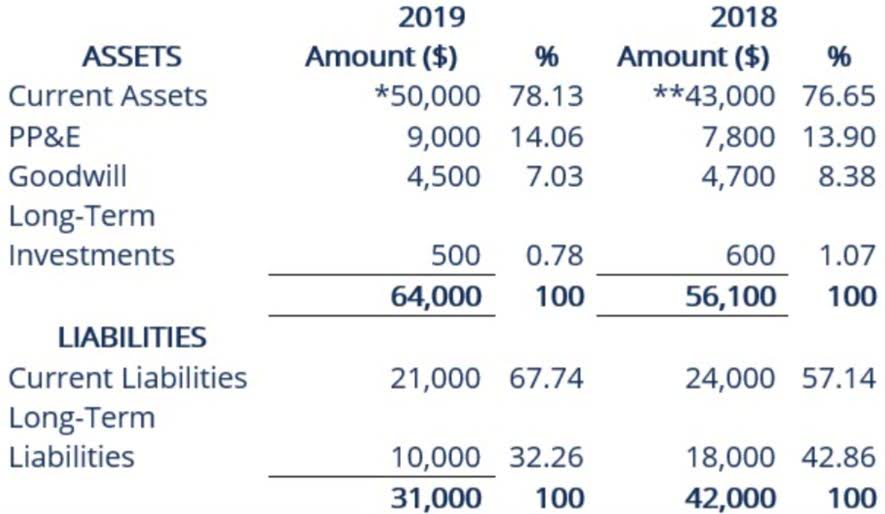
Since this is the case, Churches don’t benefit from a general accounting method approach. Instead, their goal, financially speaking, is to invest the income they generate into the right areas. A solid financial foundation is a critical part of that future-oriented focus, too. You don’t want to hand off a pecuniary hot mess to the next generation. This can create instability and undermine the potential of an otherwise healthy ministry. Things like solid accounting practices, clean bookkeeping, and thoughtful financial decision-making allow you to build a church that lasts.

Tool #2: Church Bookkeeping Software
Learn more about our integrations (you can connect with 2000+ applications and more!). 990s help ensure your books are in order, and the more transparent you are with your finances the more donors will trust your church. Churches that use freelancers for accounting, repair, cleaning, entertainment, or other purposes must file Form 1099. Any time your church pays a freelancer $600 or more, you must file this with the IRS and send a copy to the freelancer. Churches can choose from many affordable online options, including QuickBooks, Aplos, Accufund, and more. If you’re using Donorbox for church fundraising, managing your finances is a breeze with Donorbox’s powerful integration with QuickBooks.
Key Features of Fund Accounting Software

Our dedicated team of professionals helps your church streamline financial processes, maintain tax compliance, and maintain financial transparency and accountability. Contact us today to learn how our church accounting services can alleviate your financial challenges and help your ministry thrive. As 501(C)(3) entities in the US, churches are subject to specific regulatory requirements that differentiate their accounting practices from other organizations.

What should I look for in church accounting software?
#6 Never permit expenses to be paid with donated cash on hand, which would improperly bypass the bank deposit process. All donations should be deposited and then a subsequent expenditure approval process can occur. Church accounting involves recording expenses, tracking offerings, and tracking spending on projects and activities. The focus is not on profitability but on activities accounting for churches that support the congregation and society’s members.
By maintaining accurate financial records, churches can demonstrate their commitment to financial responsibility and stewardship. This, in law firm chart of accounts turn, enhances their credibility and reputation within the community. Any business that works with money needs to manage, count, and spend the money it earns responsibly. That is why churches, like other businesses, hire bookkeepers to maintain their financial records.

The percentage of your church members who tithe or give can feel confident their tithes are being used effectively and responsibly to support the church’s mission and vision. Beyond these tasks, accounting software is essential for ensuring effective management of your church records, as well as clear and honest financial practices. If you’re unsure which church accounting software is best for you, check out our article on this year’s very best church accounting software. In the unhappy circumstance where they are – well, church accounting guidelines are your solution. In this article, we’ll dive into the basics of church accounting and explore the many benefits of using church accounting software.
This is what keeps churches and nonprofits exempt from state, federal, and even property taxes. To qualify, you will have to clearly state in your church’s bylaws that your organization exists for religious purposes and to benefit your community, not for personal gain. Before you can file for tax-exempt status with the IRS, you’ll probably need to file “articles of incorporation” with your state department just like any other nonprofit organization. If you are a church leader, planter, or pastor planning to start a new church, location, and staff aren’t the only things to consider. Before you open the doors and hold a service, you must make a plan for managing the church’s income. Religious bookkeeping is not the same adjusting entries as managing revenue in a regular business because the goals are different.
Step 2: Determine Specific Accounts for Each Category
- Churches are generally exempt from federal income taxes but must meet certain criteria to maintain this status.
- Further, Karrin recommends PowerChurch accounting software because it provides accounting software as well as church management features.
- It is the spot where tax requirements, legal regulations, and financial consistency overlap — and it requires a steady and knowledgeable hand at the tiller.
- The focus is not on profitability but on activities that support the congregation and society’s members.
- Now that you have your categories, determine which accounts need to be included in each category.
The Statement of Functional Expenses goes beyond a simple expense report. Unlike for-profit businesses, churches categorize expenses based on ministry function — worship, outreach, youth programs. This report provides valuable insight into how your church allocates resources across different ministries. By establishing a well-defined chart of accounts, creating a realistic budget and implementing internal controls, you’re laying the groundwork for strong financial stewardship in your church. And a well-defined chart of accounts keeps your finances organized, making it easier to record transactions, generate reports and identify trends. By understanding these foundational aspects of church accounting, you’re well on your way to ensuring your ministry operates with financial responsibility and transparency.
- If thinking about church accounting makes you feel a little lost, don’t worry – you’re not alone!
- However, to sustain their mission effectively, they must manage their finances efficiently.
- No matter the organization—even churches—there should always be some internal controls and safeguards to prevent fraud.
- At the same time, unnecessarily restricting their budgets simply because you don’t know how much they can spend will dampen the success of their ministries.
- Beyond these tasks, accounting software is essential for ensuring effective management of your church records, as well as clear and honest financial practices.
- Fund accounting also helps churches keep an eye on restricted funds since all resources are categorized and allocated accordingly.
What is Church Accounting?

Add or remove accounts as needed to keep the chart of accounts relevant. For example, if the church launches a new ministry or program, new accounts may be necessary. I have found the best way to go about this is to work alongside our amazing church finance committee. In short, this course is the comprehensive reference for how to account for churches. Fund accounting is a powerful way to bring a sense of accountability and clarity to a church’s finances.
